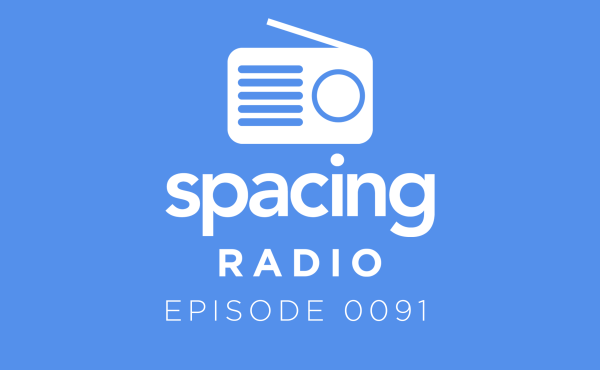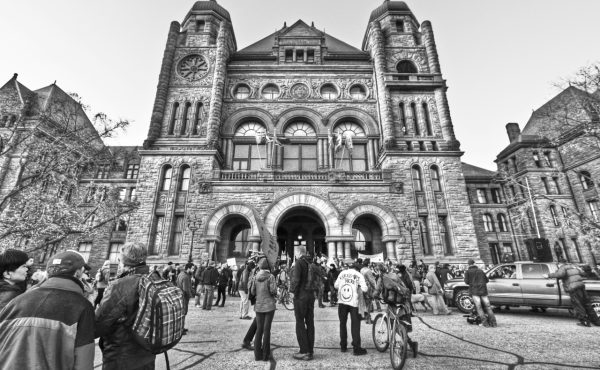
With the City of Toronto introducing a budget with a property tax “freeze,” it’s worth remembering that when it comes to property taxes, a tax freeze really means a tax cut.
Property taxes are set as a specific dollar amount of revenue to be raised, which is then divided up among properties (by contrast to income or sales taxes, which are set as a percentage and rise automatically with wage increases and inflation). If the city doesn’t “raise” property taxes, then it gets exactly the same number of dollars as the year before from them — which means in effect a tax cut, since inflation has eroded the value of those dollars. I used to find this very confusing, so a couple of years ago I wrote a long post investigating how the property tax system worked and why, which explores this whole question in depth.
So, effectively, the City is proposing to cut property taxes by the rate of inflation (probably about 1.8%). The strange thing is, Rob Ford is certainly aware that property taxes need to be raised every year just to keep real municipal revenue steady — when George Smitherman promised a one-year property tax freeze during the election, Ford replied that it was a bad idea and that the City should raise property taxes by the rate of inflation to maintain its revenue. Why he suddenly proposed a tax freeze after becoming Mayor when he hadn’t even promised one in the campaign remains a mystery. Possibly once he was Mayor he became informed of the full size of the surplus left by the previous administration’s budgeting and decided to use it to budget more aggressively.




7 comments
Honestly, I think that a property tax freeze was always meant to be a part of Ford’s platform, but Smitherman beat him to it. In order to win, he dismissed the idea as nonsense.
Wow… Glen hasn’t posted yet?!?
Why, I already fully understand how the property tax system works.
For the record I completely disagree with the the tax freeze. The biggest problem facing Toronto is that the residential property class is over subsidised. IMFG Director Dr. Enid Slack found in the year 2000 the cost to provide Transportation (not public Transportation) , public safety, Sewage, Water
Solid Waste, Parks and Rec, Admin, and Libraries at $1,553 per person n
Toronto. per household this would equal approx. $3,727. The average property
tax per household was considerably less (~$2,100).
So having a tax system that encourages development that requires subsidy while discourages development of the type that pays for it, is bad policy.
I’m thinking that the “tax freeze” is based on the presumption of no inflation and attrition of personnel. That means trouble for Rob Ford in the coming year (and years) because they will not be able to control outside prices, including electricity and (especially) petroleum prices.
strange, i thought your property tax is based on a percentage of my MPAC assessment. although the rate may be staying the same, let me tell you that is not the case for my assessment.
so although the author is convinced it is a tax cut, let me assure you mine will be higher this year.
Paul, with a “tax freeze” the rates aren’t staying the same, but are going down in proportion to the average increase in assessment.
You property tax may still go up, if you increase in assessment is above the average across the city, but it won’t be as much as if the rate stayed the same.
I remember reading the Ford wasn’t going to make the planned decrease in commercial tax rates. Is that true?
Robert,
You must beware of political spin regarding ‘decreasing’ commercial taxes. Toronto has a program in place (entirely insufficient ,but that is another matter) that dictates that non residential property taxes will rise at 1/3rd the rate of residential. If rates were to rise 3% for residents they would would rise 1% for the other classes (inc apartments). It is a program that inflates a portion of he imbalance away. It does not ‘decrease’ taxes though. As such, as the residential rate increases the ratio between the classes goes down. If there is a rate freeze, even though the the tax burden on non residential will not increase at all, the ratio will not improve. 0%*.033333 = 0.
It presents an interesting paradox. The faster the city raises property tax, the faster the ratio decreases. Even though this would increase the actual tax burden on non residential properties which is already too high.